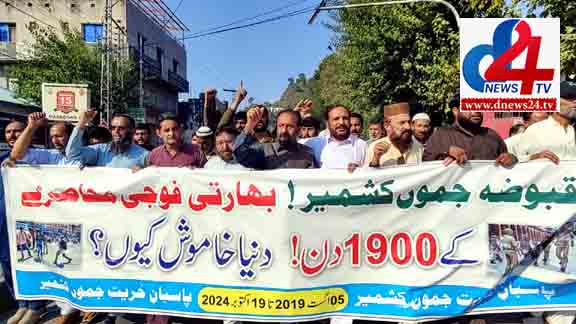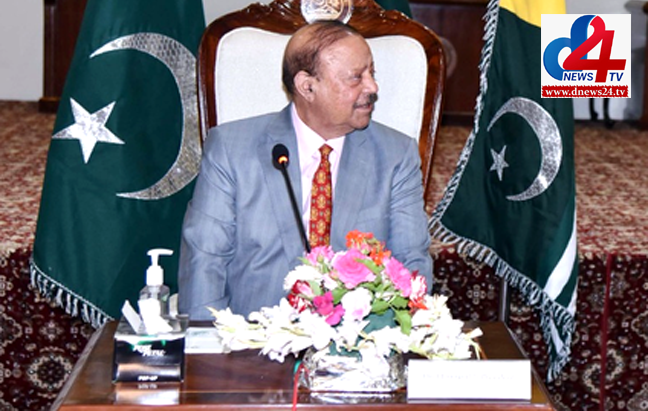MUZAFFARABAD: A Unified Realm based association of Pakistani and Kashmiri specialists has offered one-year grants in crisis medication to the whole last year class of Azad Jammu and Kashmir Clinical School (AJKMC), Muzaffarabad, communicating the expectation that the drive will assist with tending to the earnest requirement for specific preparation in crisis medication and bring issues to light about its basic significance in the locale’s medical services framework.
The proposition was made by Dr Ashfaq Ahmed Sorathia, establishing overseer of London Worldwide Crisis Medication (LGEM); Dr Syed Ali Ahmad, a crisis medication specialist at NHS UK; Dr Mukhtiar Ahmed Pathan, head of LGEM Pakistan; and Syed Qaisar Shah Bukhari, head of global relations at LGEM, during their introductions on the meaning of crisis medication, conveyed to a pressed crowd at AJKMC.
Established a long time back with only 15 specialists, LGEM currently has a participation of 40.
Specialists note that crisis medication is a basic clinical claim to fame, zeroing in on quick direction and prompt attention to forestall lethal difficulties in patients requiring critical clinical consideration.
Whether tending to injury, coronary failures, strokes or extreme diseases, crisis medication experts assume a urgent part in saving lives.
All around the world, the interest for prepared crisis medication experts has flooded.
In adjoining India, for example, around 350 crisis medication experts graduate yearly, rapidly tracking down arrangements in both homegrown and global medical services foundations. Be that as it may, Pakistan has generally disregarded this fundamental field. Regardless of the rising recurrence of crises — from car crashes to cataclysmic events — there has been restricted interest in preparing and foundation, leaving a critical hole in fundamental clinical consideration.
“By offering grants in this basic field, LGEM points not exclusively to improve the abilities of nearby clinical understudies yet in addition to address a squeezing need in Pakistan’s medical services framework,” said Dr Sorathia, who initially hails from Karachi.
“The preparation will engage graduates to answer successfully to clinical emergencies, at last saving lives and further developing medical services results in the locale,” he added.
Mr Bukhari, who has a place with Kashmir, featured the monetary responsibility of the drive.
“The one-year crisis medication preparing program ordinarily costs £1,200 per understudy. Through this grant, LGEM will completely support the program for AJKMC understudies, giving them elite preparation that would some way or another be distant to many,” he said.
“This drive is our approach to rewarding our country and elevating the eventual fate of medical care in AJK,” he added.
Underwriting the drive, AJKMC Head Prof Dr Adnan Mehraj repeated his well established support for a best in class mishap and crisis focus in Muzaffarabad’s clinics, as well as the joining of crisis medication into clinical school educational plans.
“With AJK seeing continuous losses from street mishaps and different crises, further developing crisis clinical framework and implanting crisis medication in clinical training is basic for the locale,” he said.
Prof Mehraj communicated certainty that AJKMC graduates, after finishing the preparation, would have a huge effect on the locale’s medical services framework.




